The return of regular politics
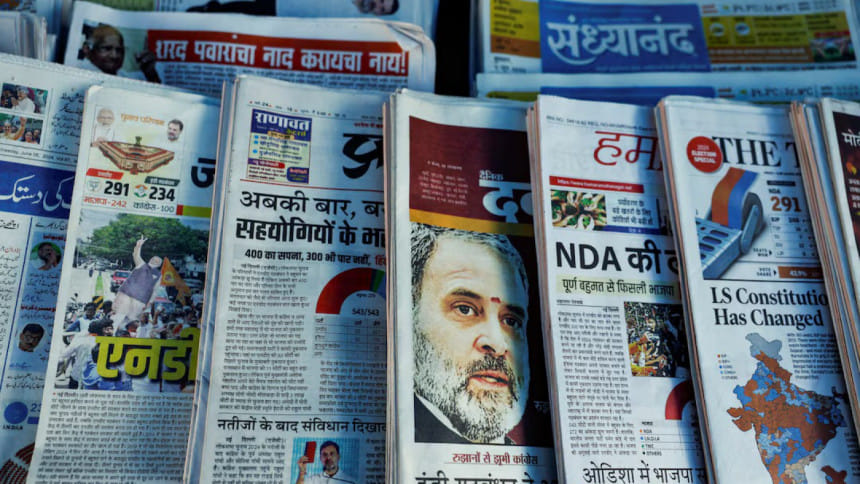
The results of the Indian general elections are out. The leader of Bhartiya Janata Party (BJP), Narendra Modi, is all set to become the first non-Congress Prime Minister to win a third term in the country. Yet the results are disappointing for the incumbent ruling party, BJP, which has won a mere 240 seats in the 2024 elections. Failing to cross the majority number of 272 seats, the party is now forced to form a coalition government with two other parties, Janata Dal (United) and Telugu Desam Party (TDP). Despite disproportionate financial resources, supportive media, and personal branding of Narendra Modi around "ab ki baar, 400 par" (this time, above 400 seats!), the opposition alliance, INDIA, performed better than expected and won 232 seats.
This result is important for the future of Indian democracy. It marks a potential return of regular politics in India. By regular, I mean a system whereby parties negotiate with each other, consult, compromise, and above all lose elections in a competitive environment. In the last 10 years, the regular democratic politics came under severe pressure in India. The opposition leaders were frequently jailed and harassed through financial regulation institutions (what scholars refer to as "constitutional hardball" whereby the legal system is used to selectively target opposition forces and dismantle democracy from within). Civil society, activists, and dissenting voices were systematically criminalised and made dysfunctional. Media was either bought or intimidated to act in collusion with the ruling party.
With the change in the balance of power, there will be internal pressure from coalition partners and external pressure from stronger opposition to not act unilaterally. In the last 10 years, the BJP has often kept the parliament in the dark, initiating big changes in constitutional structure and policies overnight. Demonetisation policies that demonetised approximately 85 percent of the Indian currency overnight, declaration of lockdown on a four-hour notice that led to death and suffering for many Indians desperate to return home, passing of three new criminal laws that changed the basic criminal justice system of India, and the abrogation of Article 370 that took away autonomy of Kashmir and led to complete shutting off of civil liberties in the state are a few examples to name. Under a parliamentary system, the prime minister and the government are accountable to the house. A stronger opposition may be able to demand more responsibility in the house from the government. Further, the federal structure of the Indian Constitution may also get fresh air as the coalition partners push for protecting federal constitutional scheme in their respective states.
But the dream of a complete revival of Indian democracy may remain a dream, if long-standing issues of Indian democracy are not addressed. Constitutional scholars have argued that the Indian Constitution has a centralising tendency which reduces overall responsibility and accountability of the executive power. For instance, in the parliamentary process, it is not mandatory to release draft bills to the public or refer bills to parliamentary committees for consultation and advice. The opposition has no right to set the agenda or call a session of the parliament. In the Lok Sabhas in 2014 and 2019, there was no leader of the opposition. Similarly, the office of speaker of the Lok Sabha, which is expected to be independent and non-partisan, has become heavily politicised. At state levels, the constitutional office of the governor has been abused to trample over the governments of opposition parties. The BJP has also weakened other institutions of accountability like the Election Commission and the Information Commission through regressive amendments. All of this requires repair and restoration without which the institutions will continue failing to act as a check on executive power. There is no guarantee that a party will not be able to dismantle Indian democracy in the future if a serious conversation is not started on these reforms.
And finally, early analysis of election results suggests that the vote against the brute majority of BJP may not necessarily mean a vote against Islamophobia and politics of hate. Since Independence, the Muslim community in India has been disproportionately left out of state resources for health, education, and employment. In the last 10 years, they have faced systemic targeting through lynching, hate speech, frequent harassment in public places, criminalisation of ways of worship, food, and discrimination in access to housing, civic amenities, etc. During the election, the prime minister himself ran a deeply divisive campaign. The communal prejudices and discrimination tend to become entrenched and survive beyond the political party in power. The social fabric of India remains torn. What is needed is a grassroot constitutional culture whereby the wounds are healed, and dignity and justice are ensured to all. For today, Indian democracy breathes, but the future requires serious self-reflection and work.
Surbhi Karwa is a graduate from the University of Oxford.
Views expressed in this article are the author's own.
Follow The Daily Star Opinion on Facebook for the latest opinions, commentaries and analyses by experts and professionals. To contribute your article or letter to The Daily Star Opinion, see our guidelines for submission.

 For all latest news, follow The Daily Star's Google News channel.
For all latest news, follow The Daily Star's Google News channel. 
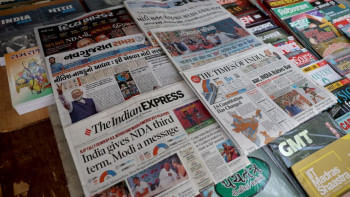


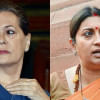

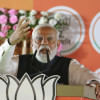

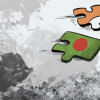


Comments